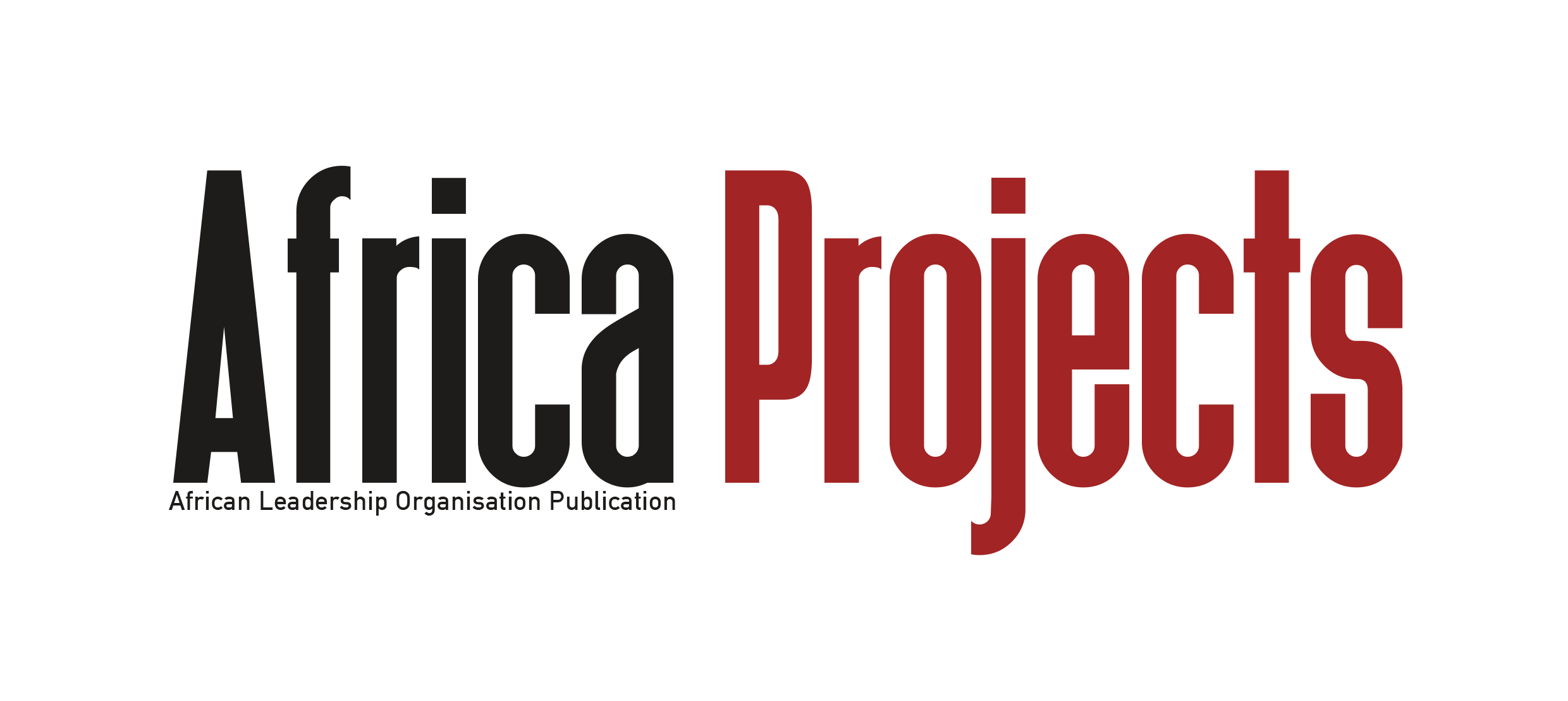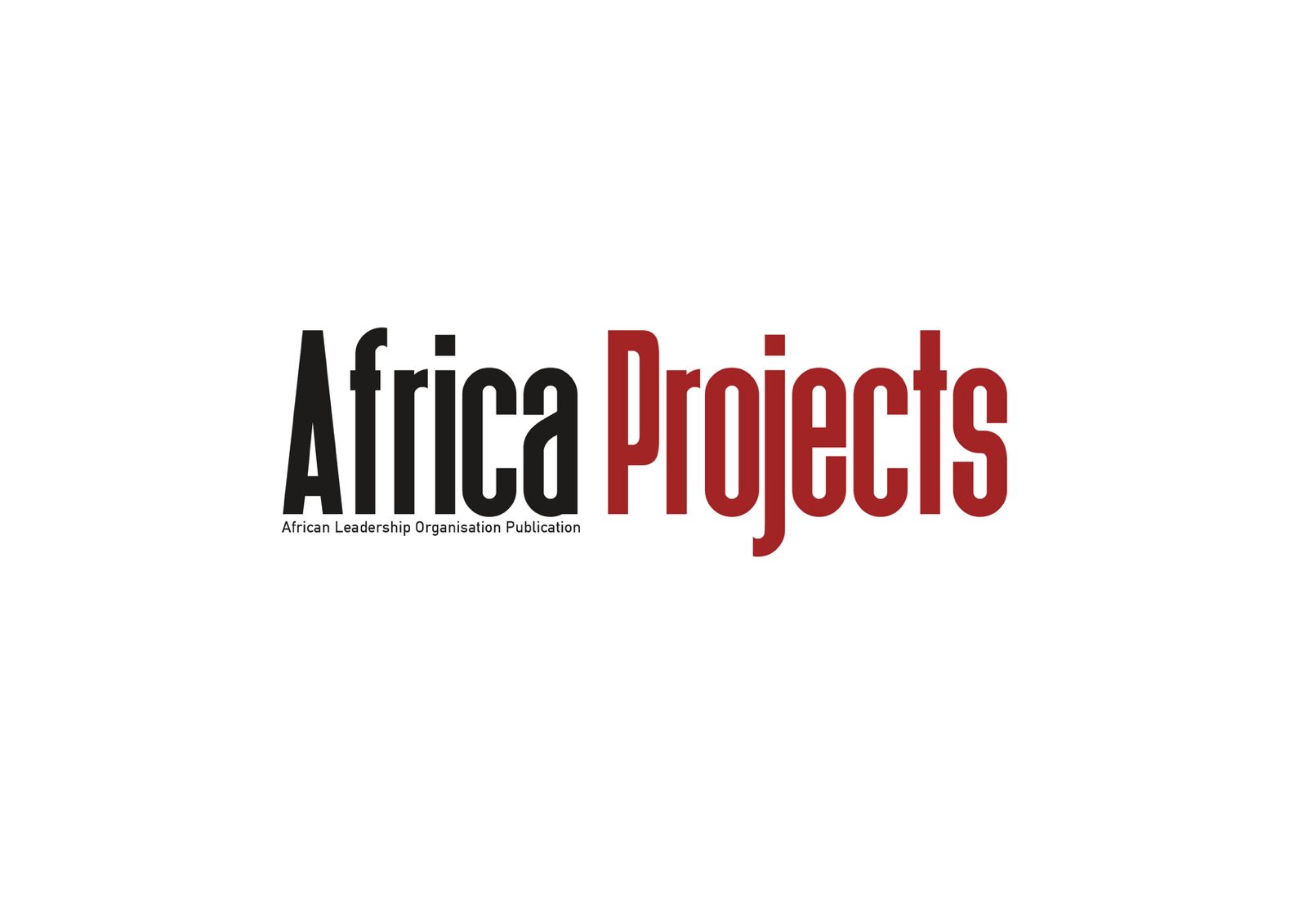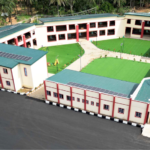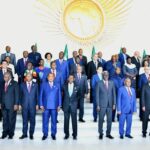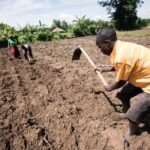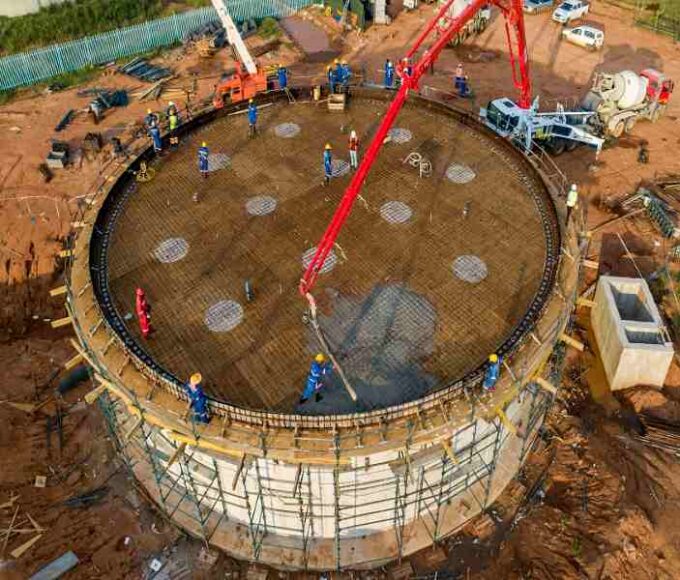- Home
- Features
- Startup Zone
- Projects
- Policies
- Shop
- Policies
- Projects
- Startup Zone
- Country Spotlight
- Analysis
- Tech
- Policies
- Projects
- Startup Zone
- Country Spotlight
- Analysis
- More
- Beyond the Kalashnikov: Africa’s Shift Toward Technology-Driven Warfare
- Afrail Express: Uniting a Continent on Rails
- AFRICA’S ENERGY CORRIDORS: CONNECTING POWER, PEOPLE, AND PROSPERITY
- Startup Lions Campus: Empowering Kenya’s Digital Generation
- L’Art de Vivre’s Le Paradis de Mahdia: Tunisia’s Model for Sustainable Luxury
- The Lobito Corridor: Rewiring Africa’s Trade Arteries Through Strategic Infrastructure
- AFRICA’S GREEN ENERGY TRANSITION: A BEACON OF HOPE FOR CLIMATE ACTION
- Dangote Refinery: Showcasing Africa’s Project Success Story
- AFRICA GREEN ECONOMY: ALL YOU NEED TO KNOW
- The Most Important Amicus Brief in the History of the World
- The Rise of Indigenous UAVs: Africa’s Drone Capabilities in Warfare and Surveillance
- AFRICA’S LARGEST OIL PRODUCERS: A COMPREHENSIVE OVERVIEW
- Beyond the Kalashnikov: Africa’s Shift Toward Technology-Driven Warfare
- Afrail Express: Uniting a Continent on Rails
- AFRICA’S ENERGY CORRIDORS: CONNECTING POWER, PEOPLE, AND PROSPERITY
- Startup Lions Campus: Empowering Kenya’s Digital Generation
- L’Art de Vivre’s Le Paradis de Mahdia: Tunisia’s Model for Sustainable Luxury
- The Lobito Corridor: Rewiring Africa’s Trade Arteries Through Strategic Infrastructure
- AFRICA’S GREEN ENERGY TRANSITION: A BEACON OF HOPE FOR CLIMATE ACTION
- Dangote Refinery: Showcasing Africa’s Project Success Story
- AFRICA GREEN ECONOMY: ALL YOU NEED TO KNOW
- The Most Important Amicus Brief in the History of the World
- The Rise of Indigenous UAVs: Africa’s Drone Capabilities in Warfare and Surveillance
- AFRICA’S LARGEST OIL PRODUCERS: A COMPREHENSIVE OVERVIEW
- Beyond the Kalashnikov: Africa’s Shift Toward Technology-Driven Warfare
- Afrail Express: Uniting a Continent on Rails
- AFRICA’S ENERGY CORRIDORS: CONNECTING POWER, PEOPLE, AND PROSPERITY
- Startup Lions Campus: Empowering Kenya’s Digital Generation
- L’Art de Vivre’s Le Paradis de Mahdia: Tunisia’s Model for Sustainable Luxury
- The Lobito Corridor: Rewiring Africa’s Trade Arteries Through Strategic Infrastructure
- Startup Zone
Top Insights
Green Growth Or Gridlock? Financing Africa’s Renewable Ambitions In A Fossil-Heavy Landscape
Hydro power is one of the oldest and most established forms of renewable energy in Africa.
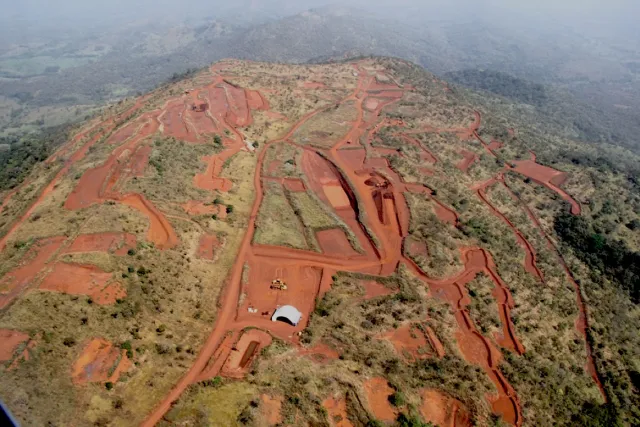
Africa seem to be at the crossroads in its energy journey, with a growing demand for electricity and a pressing need to transition to cleaner, renewable energy sources. The continent is rich in renewable energy resources, including solar, wind, and hydro power, which can help reduce greenhouse gas emissions and promote sustainable development. However, Africa’s energy landscape is still dominated by fossil fuels, and the transition to a low-carbon economy will require significant investment and innovation.
The Challenge of Financing Renewables
One of the biggest challenges facing Africa’s renewable energy sector is financing. Despite the continent’s vast renewable energy potential, many projects struggle to secure funding due to high upfront costs, regulatory hurdles, and perceived risks. This has led to a reliance on fossil fuels, which can be cheaper and more established, but also contribute to climate change and air pollution. To overcome these challenges, African governments and international organizations are exploring new financing models and incentives to support the development of renewable energy projects.
Solar Power: A Growing Sector
Solar power is one of the fastest-growing renewable energy sectors in Africa. Countries like South Africa, Morocco, and Egypt are investing heavily in solar energy, with large-scale projects being developed to generate electricity for both domestic use and export. Solar power is particularly well-suited to Africa’s climate, with many countries receiving high levels of solar radiation throughout the year. As the cost of solar panels continues to fall, solar energy is becoming increasingly competitive with fossil fuels, making it an attractive option for countries looking to diversify their energy mix.
Wind Power: A Promising Future
Wind power is another renewable energy source that holds great promise for Africa. Countries like Kenya, Tanzania, and South Africa are developing wind farms to generate electricity and reduce their reliance on fossil fuels. Wind power can be more intermittent than solar power, but advances in technology have made it possible to predict and manage wind patterns more effectively. As with solar power, wind energy can help reduce greenhouse gas emissions and promote sustainable development, while also creating jobs and stimulating local economies.
Hydro Power: A Legacy Energy Source
Hydro power is one of the oldest and most established forms of renewable energy in Africa. Many countries on the continent have significant hydroelectric potential, which can be harnessed to generate electricity and power economic development. Hydro power is a reliable and renewable energy source that can help reduce greenhouse gas emissions and promote energy security. However, large-scale hydroelectric projects can also have environmental and social impacts, such as displacing local communities and altering ecosystems.
Competing with Legacy Energy Systems
One of the biggest challenges facing Africa’s renewable energy sector is competing with legacy energy systems. Many African countries have existing infrastructure and investments in fossil fuels, which can make it difficult to transition to cleaner energy sources. However, as the cost of renewable energy technologies continues to fall, it is becoming increasingly clear that a low-carbon economy is not only more sustainable but also more cost-effective in the long run.
The Role of ESG Investing
Environmental, social, and governance (ESG) investing is playing an increasingly important role in Africa’s renewable energy sector. Investors are looking for opportunities to support sustainable development and reduce their exposure to climate-related risks. ESG-focused investment funds are helping to finance renewable energy projects across the continent, from solar and wind farms to hydroelectric power plants. By prioritizing sustainability and environmental stewardship, ESG investors can help drive the transition to a low-carbon economy and promote economic development.
Opportunities for Green Growth
Africa’s renewable energy sector offers many opportunities for green growth and sustainable development. By harnessing the continent’s vast renewable energy potential, countries can reduce their reliance on fossil fuels, promote energy security, and create jobs and economic opportunities. Green growth can also help Africa leapfrog traditional polluting industries and transition directly to a low-carbon economy.
Overcoming Gridlock
Despite the many opportunities for green growth, Africa’s renewable energy sector still faces significant challenges. Gridlock can occur when regulatory frameworks, infrastructure, and financing models are not aligned with the needs of renewable energy projects. To overcome these challenges, African governments and international organizations must work together to create an enabling environment for renewable energy development.
Financing Models and Incentives
New financing models and incentives are being explored to support the development of renewable energy projects in Africa. These include green bonds, impact investing, and public-private partnerships. By mobilizing private sector capital and expertise, African countries can accelerate the transition to a low-carbon economy and promote sustainable development.
Indeed, Africa’s renewable energy sector offers many opportunities for green growth and sustainable development. By harnessing the continent’s vast renewable energy potential, countries can reduce their reliance on fossil fuels, promote energy security, and create jobs and economic opportunities. However, the transition to a low-carbon economy will require significant investment and innovation, as well as a supportive regulatory environment and financing models.
A sustainable future for Africa is possible, but it will require a concerted effort from governments, investors
Recent Posts
Related Articles
Blockchain for Energy: Can Africa Lead the Charge?
The energy sector in Africa is at a pivotal crossroads. With a...
ByafricaprojectSeptember 23, 2025Women in South African Construction: Progress and the Road to Equality Ahead of Women’s Day 2025
As South Africa approaches National Women’s Day on August 9, 2025, there’s...
Byadmag_adminJune 12, 2025Water Works: The Infrastructure Behind Africa’s Urban Thirst
Africa’s cities are facing a growing water crisis, with millions of people...
Byadmag_adminJune 12, 2025Urban Housing at Scale: Can Africa Build 100 Million Affordable Homes by 2035?
Africa faces an unprecedented urban housing challenge driven by rapid population growth,...
Byadmag_adminJune 12, 2025